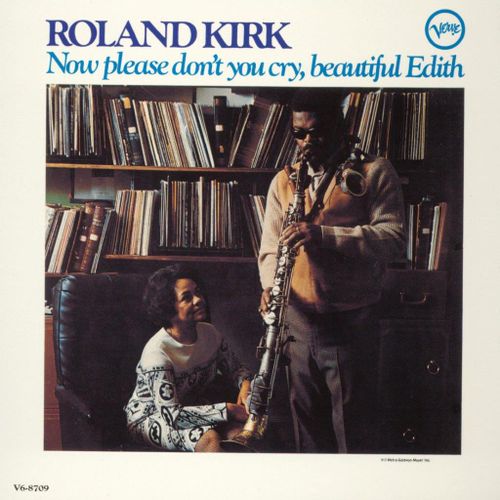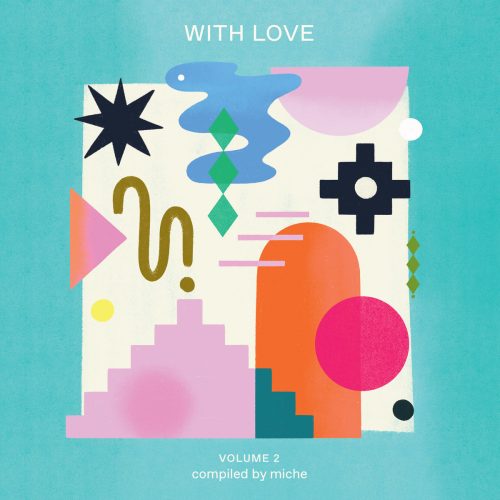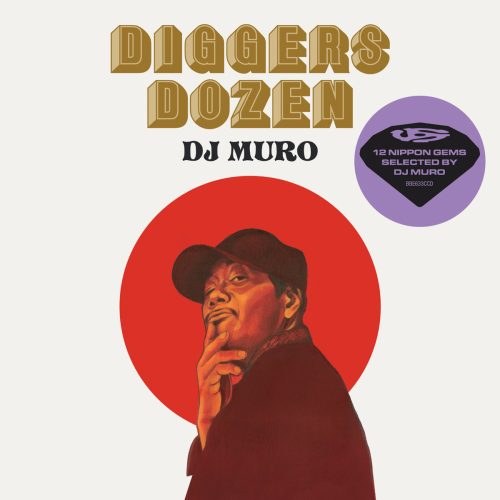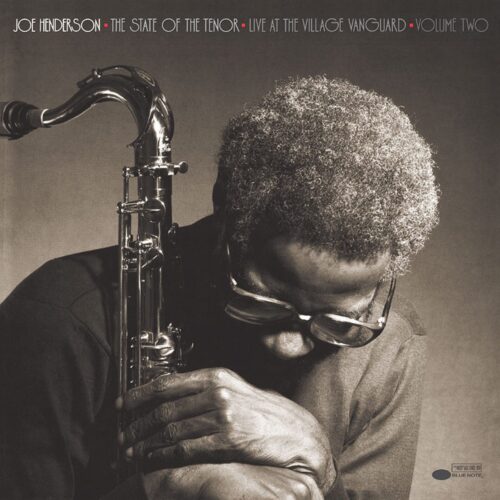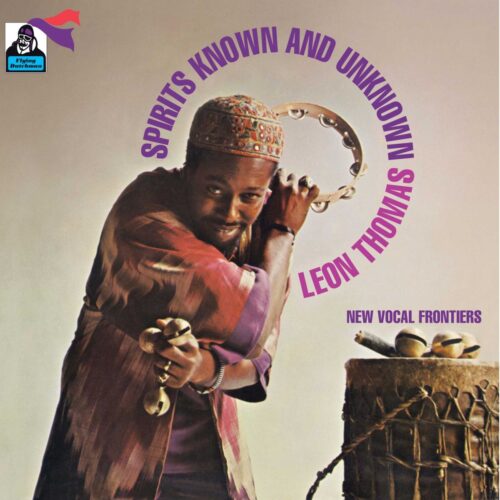Now Please Don’t You Cry (Acoustic Sounds Series)
Label: Acoustic Sounds
Genre: Jazz
$49.99
Availability: In stock
Roland Kirk’s seminal 1967 album Now Please Don’t You Cry, Beautiful Edith, is set to receive a vinyl reissue as part of Verve’s Acoustic Sounds Vinyl Series.
Released with personnel including Lonnie Liston Smith (piano), Ronnie Boykins (bass), and Grady Tate (drums), Now Please Don’t You Cry… marked the beginning of Kirk’s groovier explorations that would eventually lead him to record Blacknuss (1971). It’s vintage Kirk — before he added “Rahsaan” to his name — in a pared-down setting and is considered an essential album from the celebrated artist.
By 1971, Kirk was known as a charismatic and outspoken maverick who was frustrated that jazz and its creators were ignored by the American media. The 35-year-old musician was a virtuoso whose party trick was blowing three horns simultaneously. He was also deeply passionate about jazz – or what he preferred to call “Black Classical Music” – and wanted to raise its visibility in a country that seemed oblivious to its indigenous art form’s historical and cultural importance.
Inspired by the climate of protest sweeping America in the counterculture age, he and his friend Mark Davis established The Jazz and People’s Movement (J&PM), which began in 1969 initially as a regular jam session event at the Village Vanguard on Monday nights.
Using the slogans “Stop the whitewash now!” and “Hire more Black artists on TV!”, Kirk and Davis collaborated to write a manifesto that castigated the American media for its role in underwriting bigotry and discrimination; the movement’s aims, they stated, were to “enable Black artists to reach the positions of prominence that their artistry so deserves – to breathe new life into Black culture.”
Emboldened by the mainly positive response from other jazz musicians, Kirk and Davis put together a petition demanding that television shows give Black musicians greater visibility. They organized a spirited but peaceful disruption (where their followers blew whistles and held placards) of The Merv Griffin Show in August 1970. It got them on TV news across the country, but they were branded “Black militants,” which led the FBI to monitor their activities closely.

